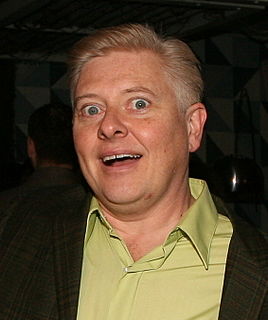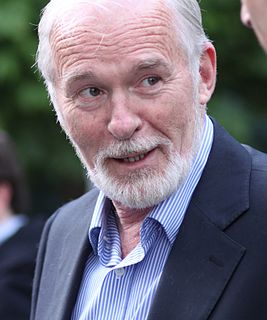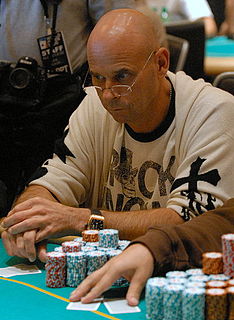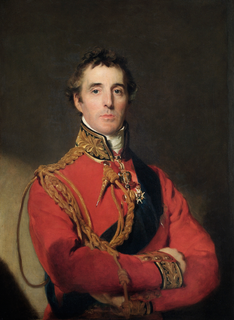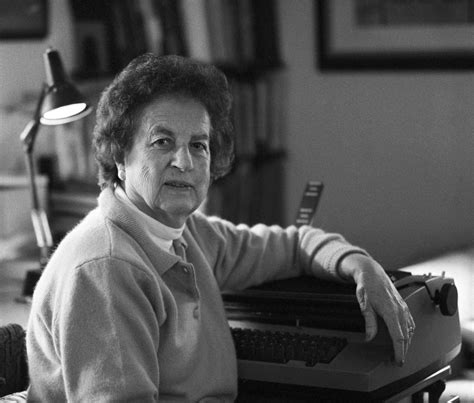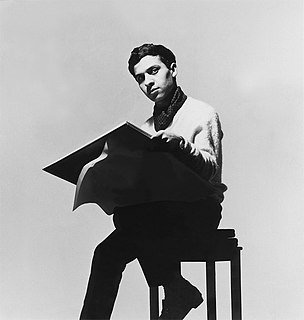A Quote by James Nesbitt
The reality of life in Northern Ireland is that if you were Protestant, you learned British history, and if you were Catholic, you learned Irish history in school.
Related Quotes
We all have views on what our Irishness means to us. Two members of the band were born in England and were raised in the Protestant faith. Bono's mother was Protestant and his father was Catholic. I was brought up Catholic. U2 are a living example of the kind of unity of faith and tradition that is possible in Northern Ireland.
'A Naval History of Britain' which begins in the 7th century has to explain what it means by Britain. My meaning is simply the British Isles as a whole, but not any particular nation or state or our own day... 'Britain' is not a perfect word for this purpose, but 'Britain and Ireland' would be both cumbersome and misleading, implying an equality of treatment which is not possible. Ireland and the Irish figure often in this book, but Irish naval history, in the sense of the history of Irish fleets, is largely a history of what might have been rather than what actually happened.
One of the problems that comes up time and time again seems to be this notion of being 'pure' Irish. If you are Protestant, born in the Northern part of the island and deeply into the Protestant tradition, that somehow does not make you a legitimate Irish person. Yet there is a huge British influence in parts of the South.
The way they taught history in schools was not appealing. They stressed wars and dates. They left the people out. I was attracted to history by the need to know about the people. In China, I went to a British school, and we just learned about kings and queens. Back in America, I had the regular social studies curriculum.
Those who came to the United States didn't realize they were white until they got here. They were told they were white. They had to learn they were white. An Irish peasant coming from British imperial abuse in Ireland during the potato famine in the 1840s, arrives in the United States. You ask him or her what they are. They say, "I am Irish." No, you're white. "What do you mean, I am white?" And they point me out. "Oh, I see what you mean. This is a strange land."
What were once only hopes for the future have now come to pass; it is almost exactly 13 years since the overwhelming majority of people in Ireland and Northern Ireland voted in favour of the agreement signed on Good Friday 1998, paving the way for Northern Ireland to become the exciting and inspirational place that it is today.





